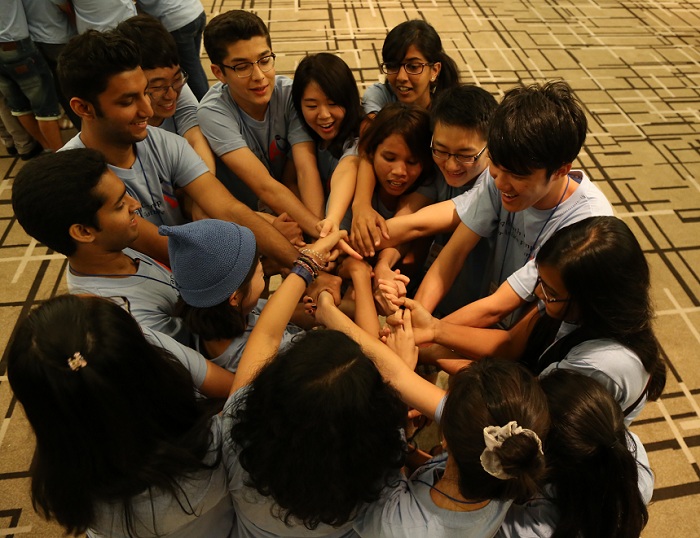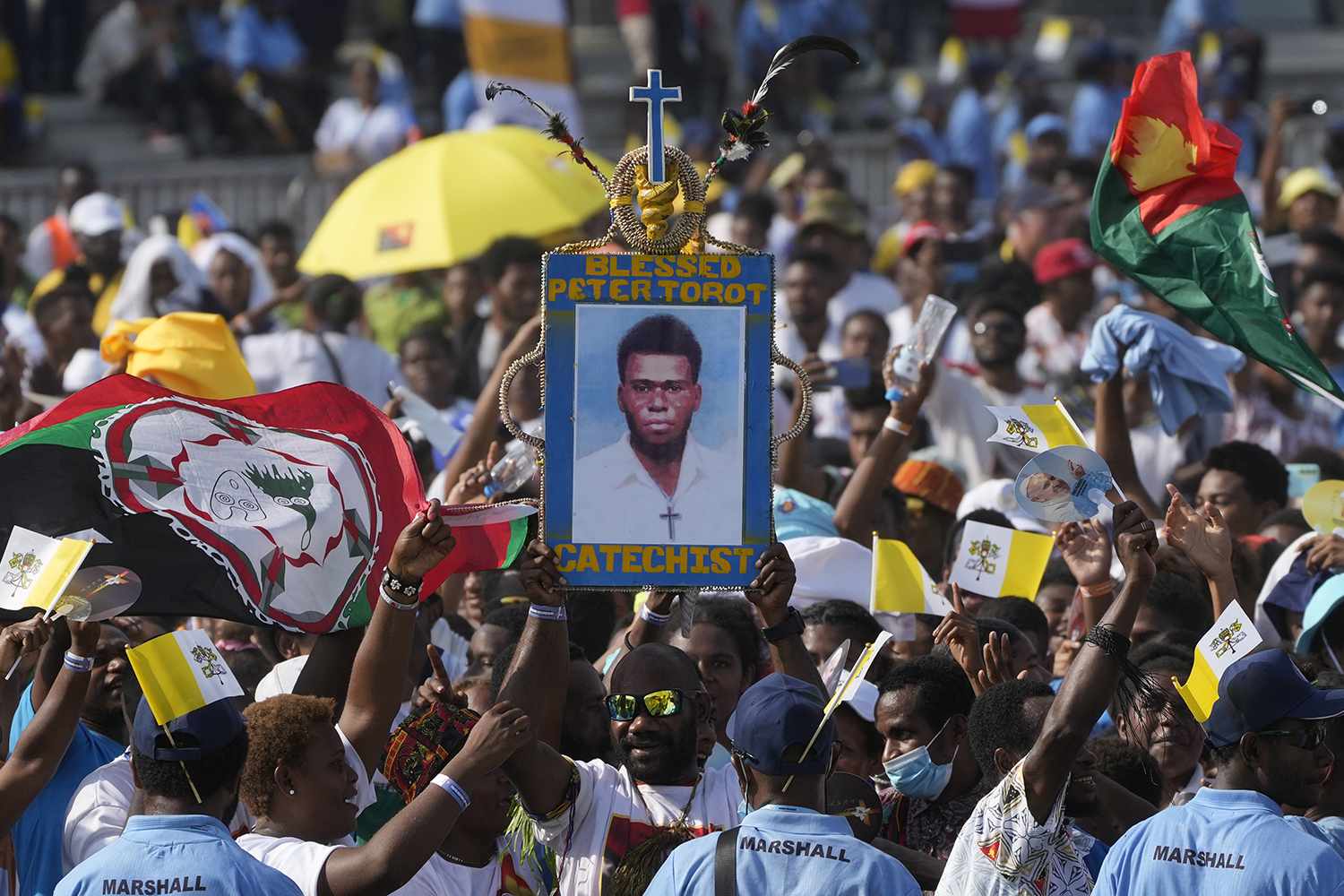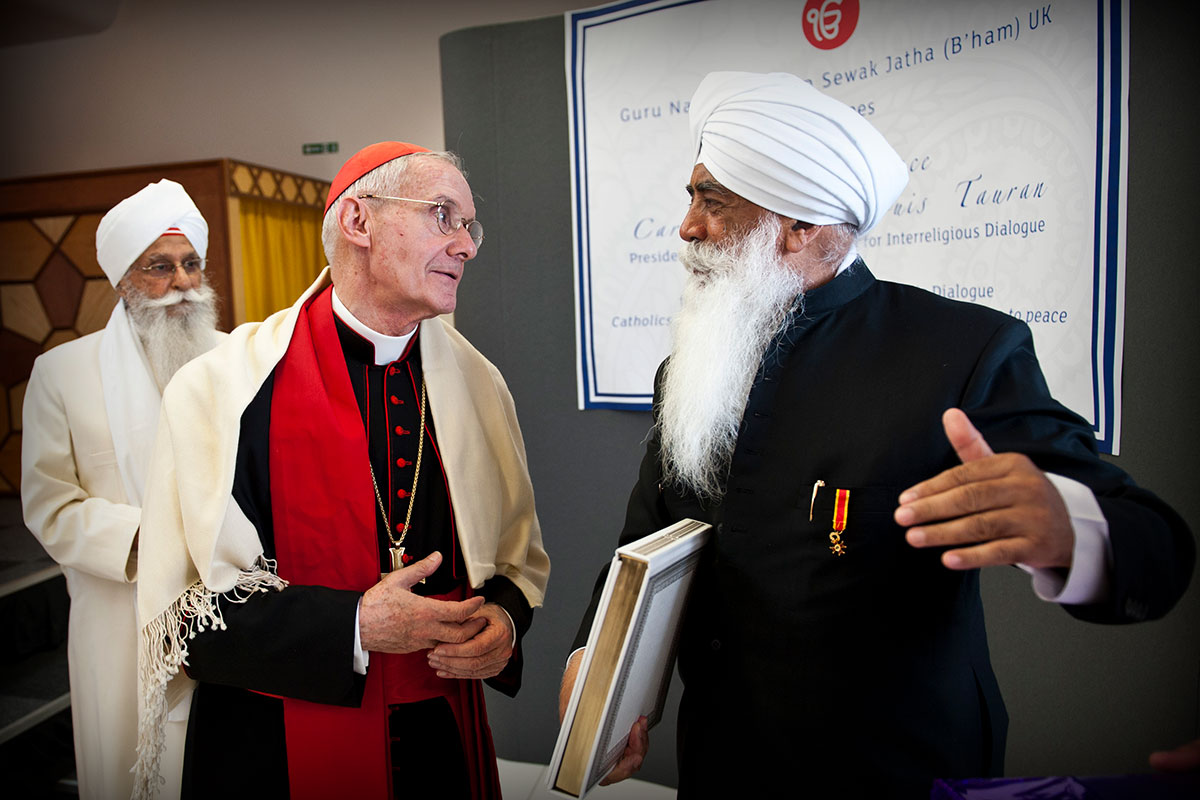Joaquim Magalhães de Castro
From the 13th to the 15th of April, the University of Manila, one of the most prestigious educational institutions in the Philippines, run by the priests and laity of the Society of Jesus, hosted the International Youth Ministry Conference.
Sponsored and organized by the Loyola School of Theology in partnership with the Don Bosco School of Theology, the event brought together over 700 participants from 30 nations around the world, from Asia to Europe. Over these three days, participants were able to explore, reflect and analyze the relationship between the Church and young people, the importance of pastoral care and the ways in which the laity and the Church hierarchy can best serve them.
One of the messages of the event was the need for constant monitoring of young people. The experience, for example, helped Maria Lea Lee, one of the participants, to “understand and learn” the importance of Youth Ministry within the Church, the importance of making wise decisions in life, the importance of understanding well the issues of leadership, accompaniment “and specifically human and Christian discernment”, whether in marriage or in the life consecrated to God Our Lord.
Maria Lea Lee highlighted: “I learned the value of the uniqueness of life, I learned to determine my place and role within the community and consequently, henceforth, I will work to achieve the desired results,” she told the Asian News reporter. For his part, Father Henry C. Eusebio Jr, SJ, explained that the entire program was aimed at “encouraging, guiding and supporting” young people with a view to attentive accompaniment, not only in their “walks of faith” but also in other “contexts” of life”.
This priest, who is simultaneously president of the International Conference on Youth Ministry and of the School of Theology that took its name from Saint Ignatius of Loyola, recalled that, as with parents in the family, the Church is committed to accompanying young people until they reach “maturity in the faith and in fulfilling their mission in life”.
Jayeel Serrano Cornelio, dean and associate professor of sociology at the University of Manila, also considered this conference an opportunity for dialogue with those who truly care about the youth universe. Cornelio has been researching the changing religious landscape of the Philippines as it pertains to youth, politics and economic development.

The Challenge in Philippines
- Over the last 15 years, the religious scene in the Philippines has changed radically. There are now many evangelical churches, just like in Singapore.
- Like Singapore, evangelicals in the Philippines have been increasingly attracting “highly educated, English-speaking young people”, that is, the middle class.
- Demographic patterns remain robust. Around 80% of the population is still Catholic, although church attendance has declined dramatically.
- In the 1990s, an estimated 60% to 70% of Filipino Catholics attended church throughout the week. But statistics show that in the last six or seven years, that percentage has dropped to 30-40%.
In 2016, he published the book ‘Being Catholic in the Contemporary Philippines’, which addresses how young Filipinos, especially university students, identify and relate to Catholicism. The book shows that while some of his views on marriage, family, and ethics may seem theologically conservative, most young Filipinos consider themselves what Jayeel Cornelio calls “creative Catholics”. They define their religious views and practices based on liberal and individual values, not mere obedience to the official teaching of the Catholic Church.
Things haven’t drastically changed since then. First: if it is true that there are more young Filipinos criticizing the institution, this does not mean that they have lost their Faith. Second: In the last 15 years, the religious scene in the Philippines has changed radically. There are now many evangelical churches, just like in Singapore. And if in the city-state, evangelicals increasingly attract “highly educated, English-speaking young people”, that is, the middle class, the same is happening in the Philippines.
But, fortunately, we are still a long way from talking about a mass exodus from the Catholic Church…. Demographic patterns remain robust. Around 80% of the population is still Catholic, although church attendance has declined dramatically. In the 1990s, an estimated 60% to 70% of Filipino Catholics attended church throughout the week. But statistics show that in the last six or seven years, that percentage has dropped to 30-40%.
During the International Youth Ministry Conference in Manila, specialists and professionals from the Philippines, Indonesia, India, Vietnam, the United States, France, Croatia and Italy, among others, were present who, through lectures and cultural initiatives, showed the richness and diversity of Churches and peoples in Asia-Pacific, “and beyond”.
Speaking on the theme “Youth Animation: planning and models for Youth Ministry”, Father Jerome Vallabaraj of the Don Bosco Theological Center, Chennai, India, emphasized the importance of ‘personalizing’ the ministry in order to meet the needs and visions of different social groups.
“Youth ministry becomes fruitful and effective when it responds to local needs; and when it is guided by specific convictions and promoted by people,” he said. Father Anthony G. de Guzman, also from that theological seminary, highlighted catechesis as a primordial element of youth ministry, “since it instills in youth and fosters a faith-centered mindset consistent with the Gospel so that they can feel, think and behave like Christ”.
The International Conference on Youth Ministry in Manila served, in a way, as a rehearsal for the World Youth Day that will take place in Lisbon, this August.


 Follow
Follow


